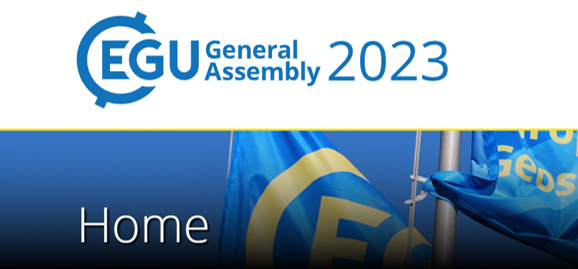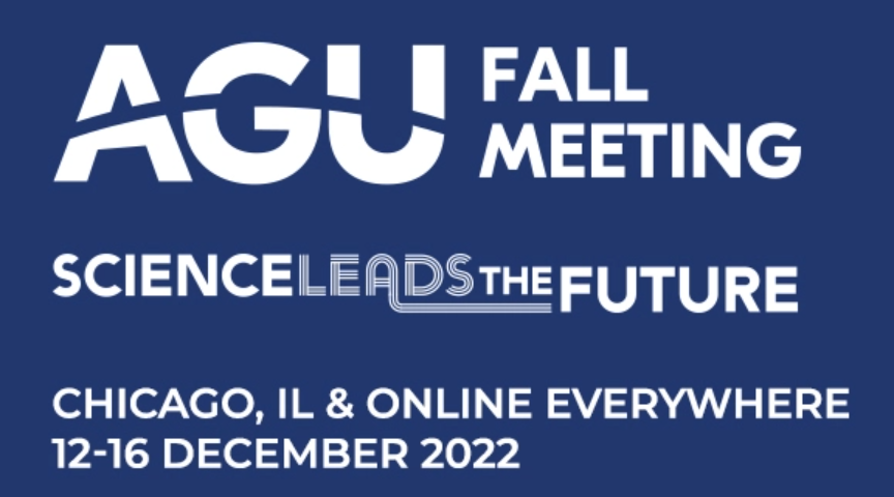The BECLICK project will attend the SISC 2023 Annual Conference,...
Read More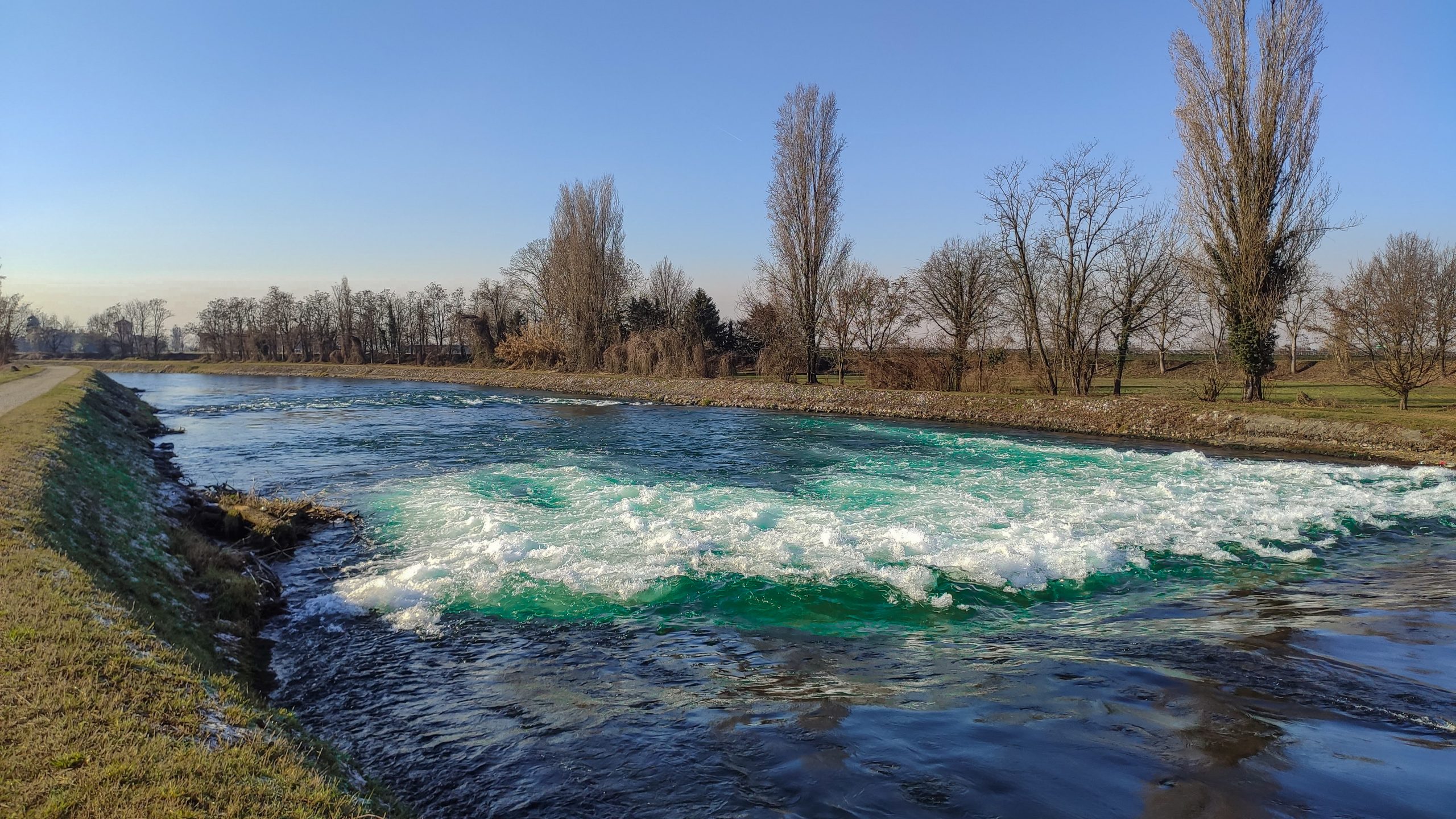
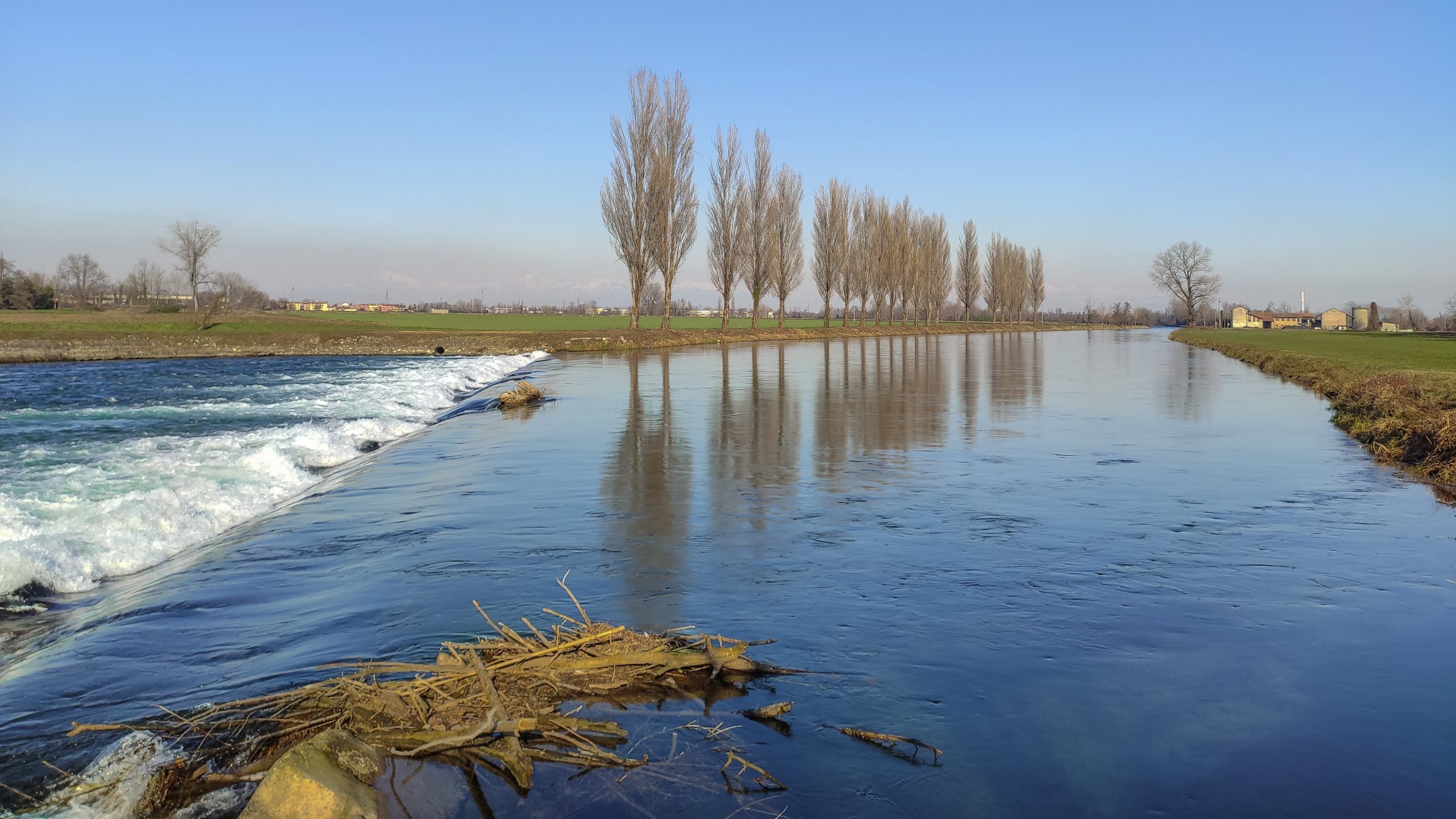
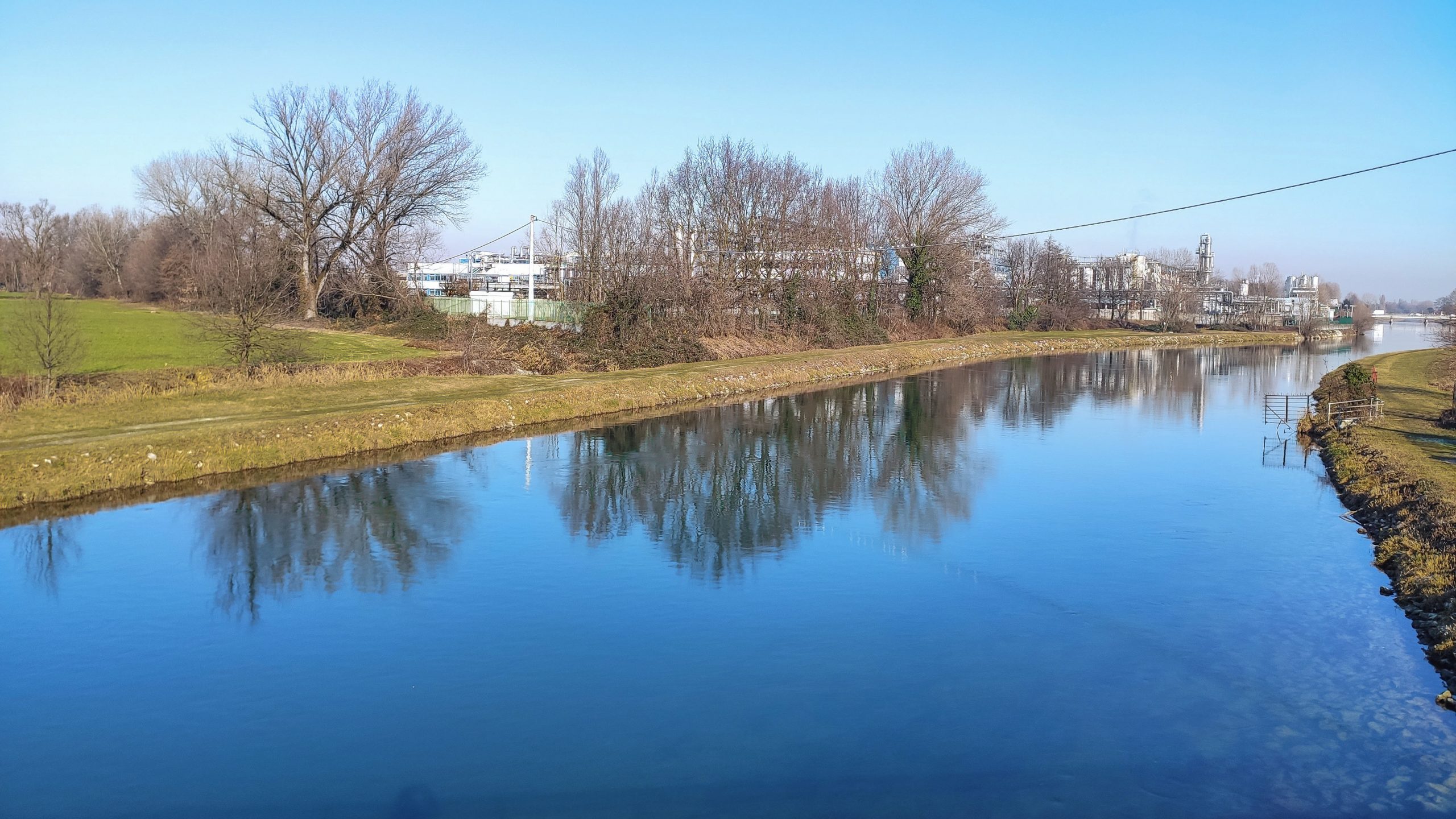
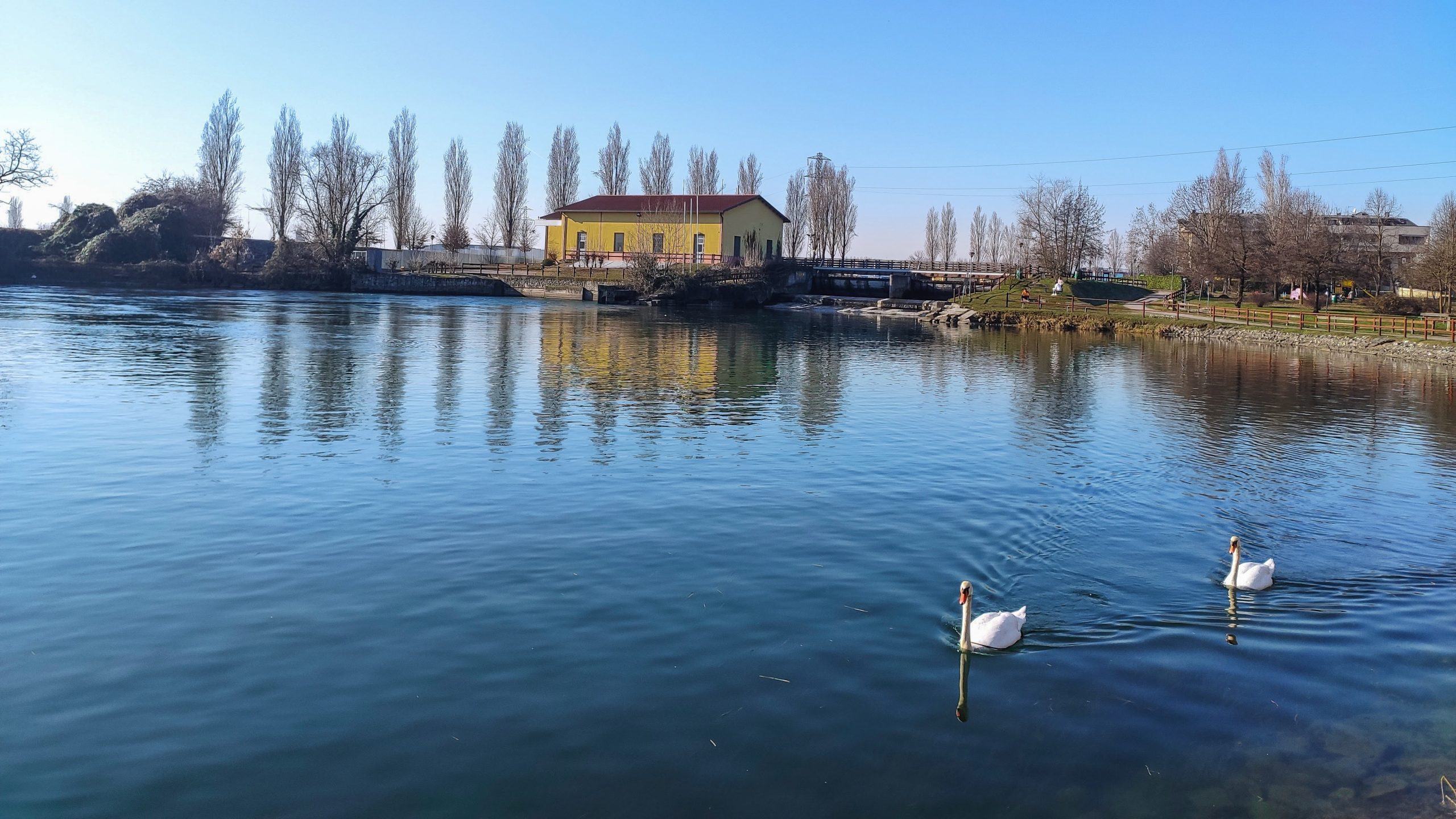
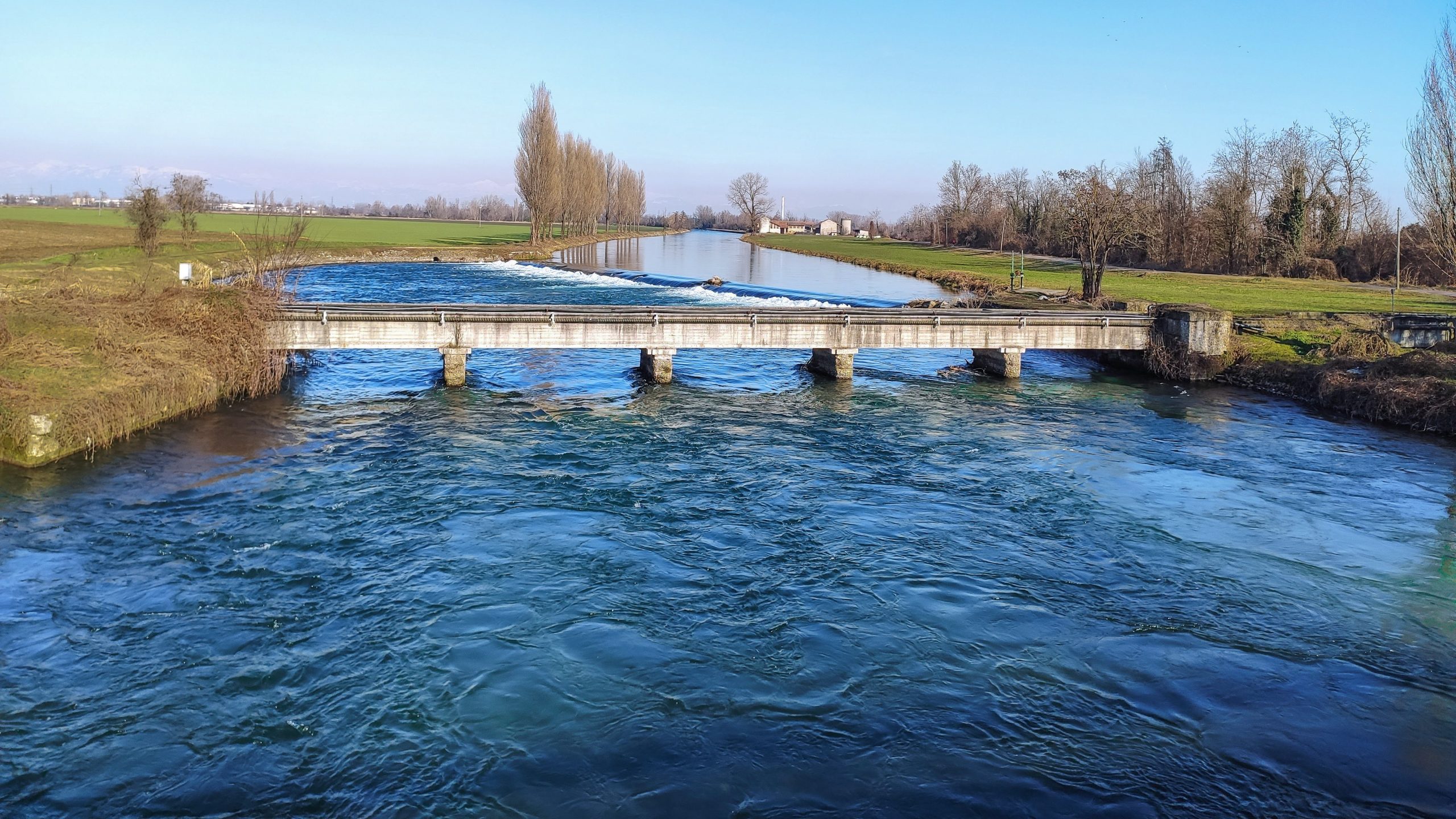
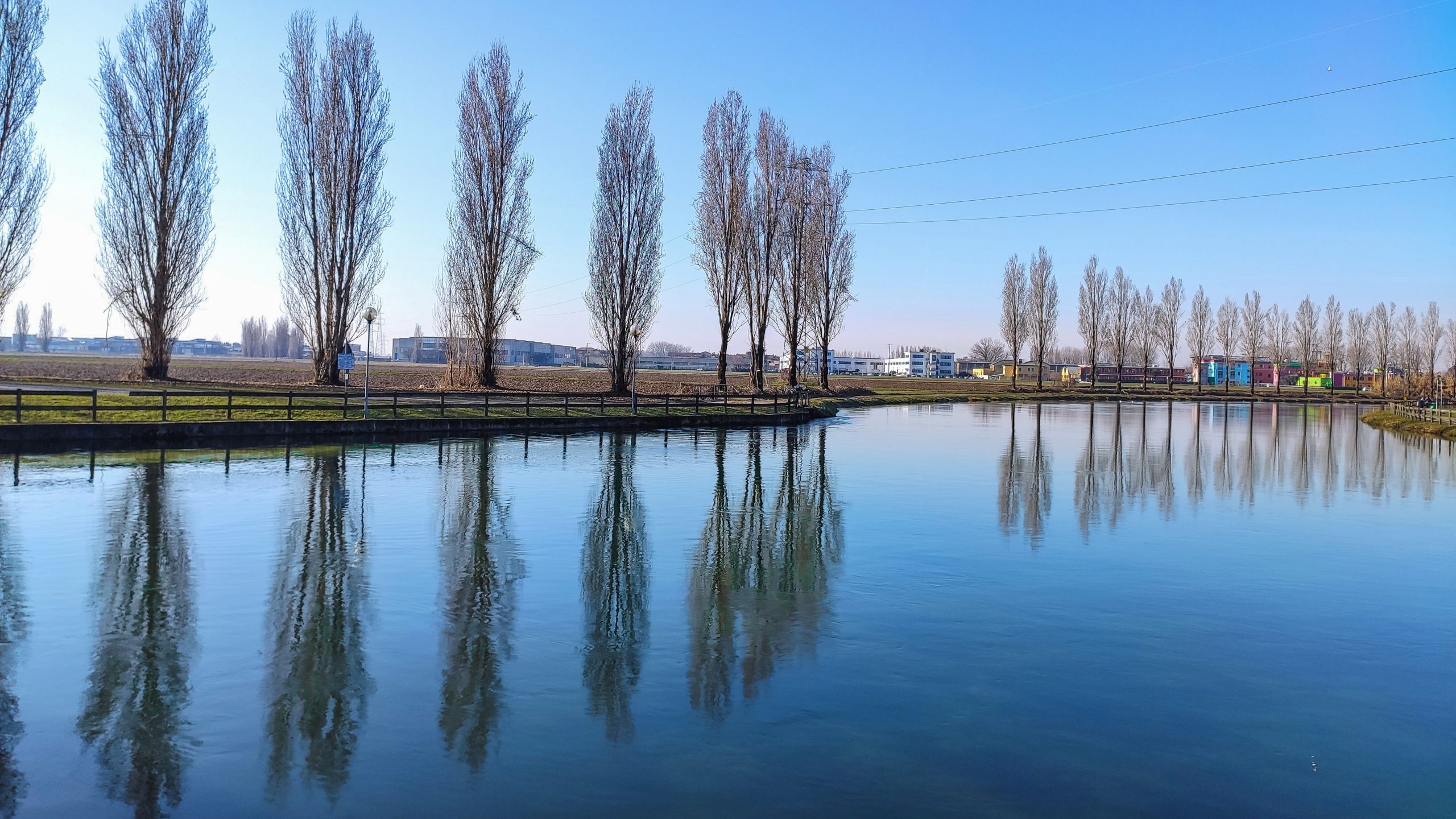

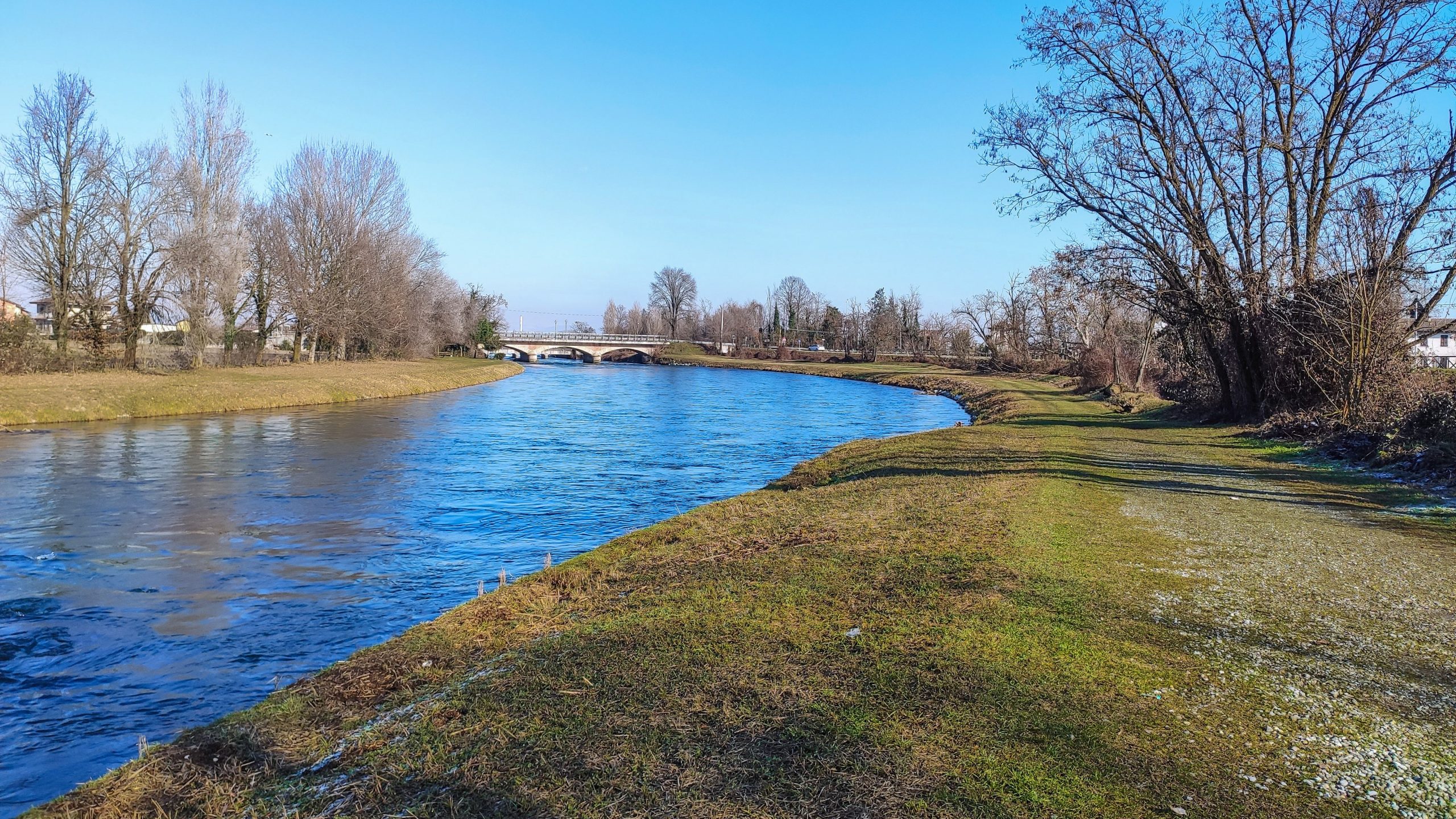
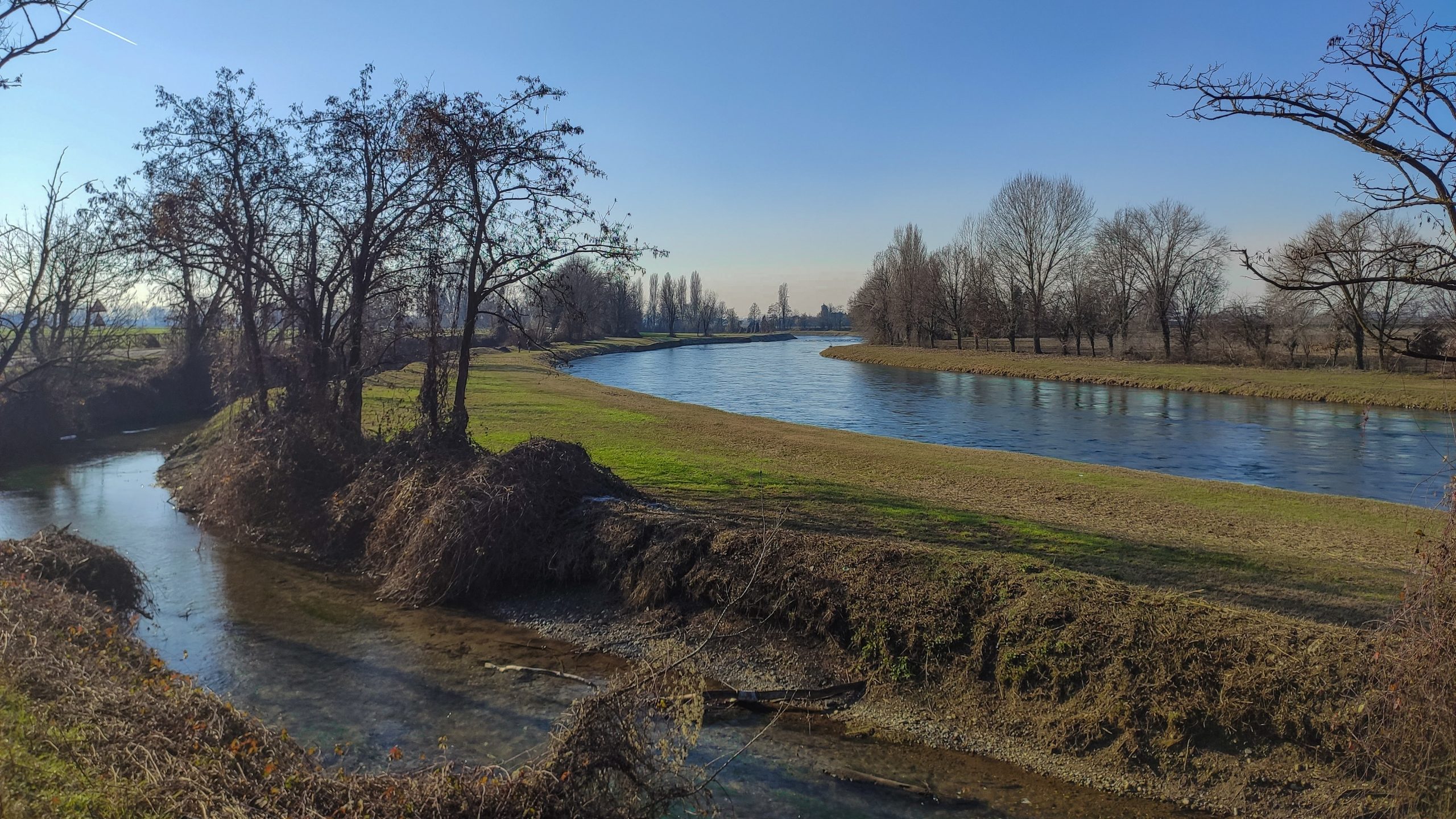
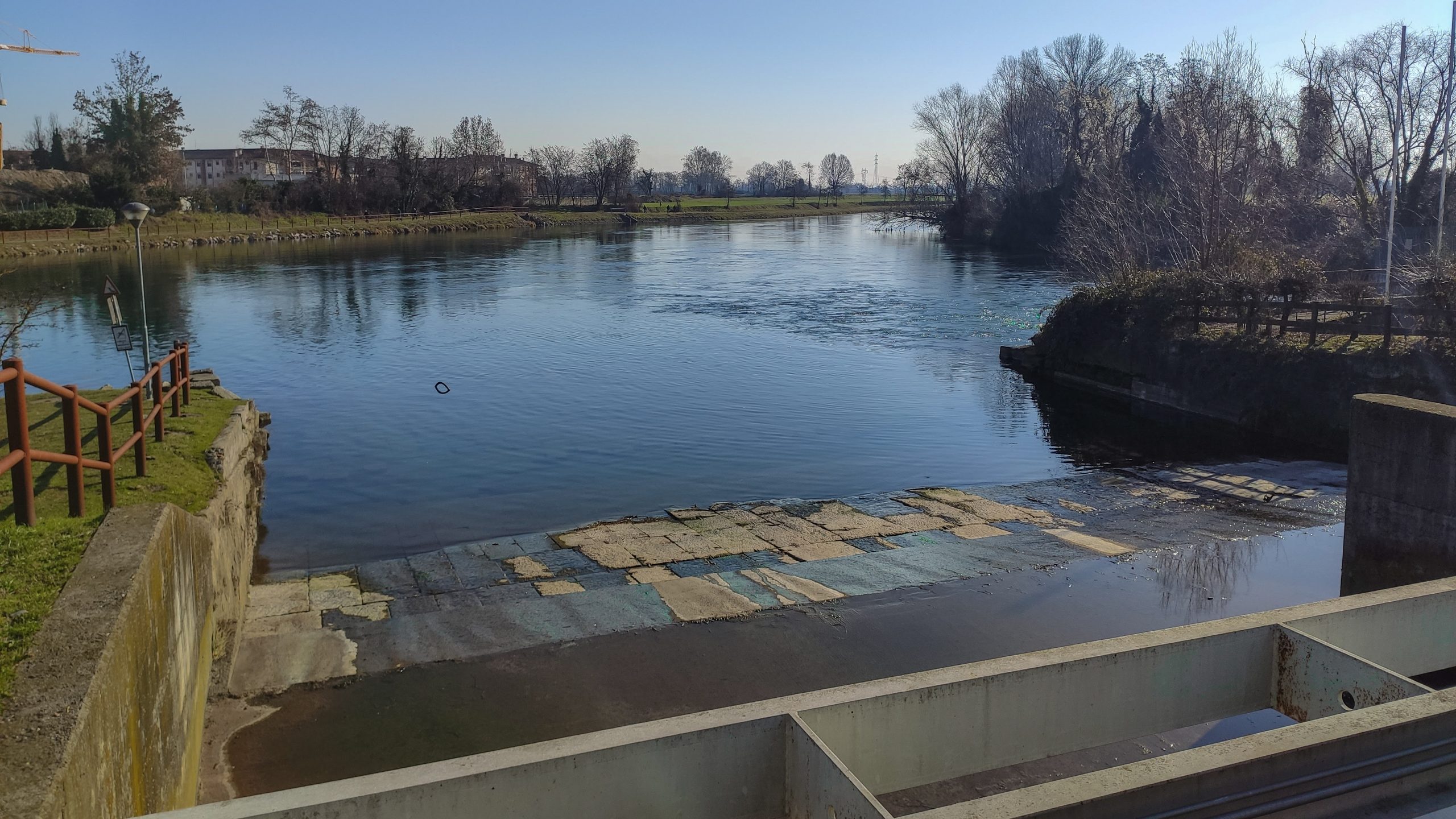
PROJECT(S)
Water challenges are complex, requiring integrated solutions and a social legitimate planning process. Assuming water flows as physical, social, political, and symbolic matters, it is necessary to entwining these domains in specific configurations in which water users, managers, and decision-makers could be directly involved to lead to one of the current main challenges: climate change.
The 2-year MODFABE project (Modelling individual farmers behaviours in Coupled Human Natural Systems under changing climate and society) aims to increase the robustness of decision-making processes in Coupled Human-Nature Systems (CHNS) by modelling farmers’ perception and adaptation capacity to climate change. Considering that climate change and water resources management represent two necessarily interdisciplinary topics in which the natural and social sciences must be integrated, the MODFABE’s core action is to combine observational data (farmers’ perception) into simulation models to increase the rationality of farmers’ interventions in the decision-making processes based on multiple competing purposes and a multi-objective context. The 2-year project (2020-2022) combines qualitative and quantitative methods and evidence-based analysis from social learning process, new knowledge about (1) increasing adaptive capacity, (2) building trust and collaborative problem solving, and (3) ensuring better co-working will be highlighted in the Muzza system as a test zone.
Likewise, the 3-year BECLICK project (A roadmap on climate change farmers’ behaviour by modelling social-learning) aims to reinforce risk management by improving the systemic and stakeholder-centred approach developed in the MODFABE project. BECLICK runs between 2022 and 2025 and moves forward the MODFABE learnings by involving global case studies in which enriching information flow, risk preferences, if-then rules, heterogeneity interactions among agents (farmers and irrigation districts’ managers) and their network effects when facing climate change.
Both projects aim to contribute to a key question in today climate change adaptation research and behavioural modelling: Can behaviour modelling help farmers to promote actions and anticipate decisions to adapt to climate change and become more sustainable and resilient? In this context, modelling human behaviour can be used as a safe laboratory for policy experimentation, testing the effectiveness of strategies and policy measures on climate change.
NEWS
The MODFABE project attended the EGU General Assembly 2023
The MODFABE project attended the EGU General Assembly 2023, taking...
Read MoreThe MODFABE project will attend the AGU Fall Meeting 2022
The MODFABE project will attend the AGU Fall Meeting 2022, taking...
Read MoreThe MODFABE project will attend the IIASA Scenarios Forum 2022
The MODFABE project will attend the IIASA Scenarios Forum 2022, taking...
Read MoreSOCIAL
Dipartimento di Elettronica, Informazione e Bioingegneria (DEIB)
Environmental Intelligence for Global Change (EI Lab)

Politecnico di Milano
Via Ponzio 34/5, 20133 Milano (Italy), Building 21, 2nd Floor
Office 014, Phone ext. 3584 (Prof. Castelletti) – Office 002, Phone ext. 9633 (Dr. Ricart)






